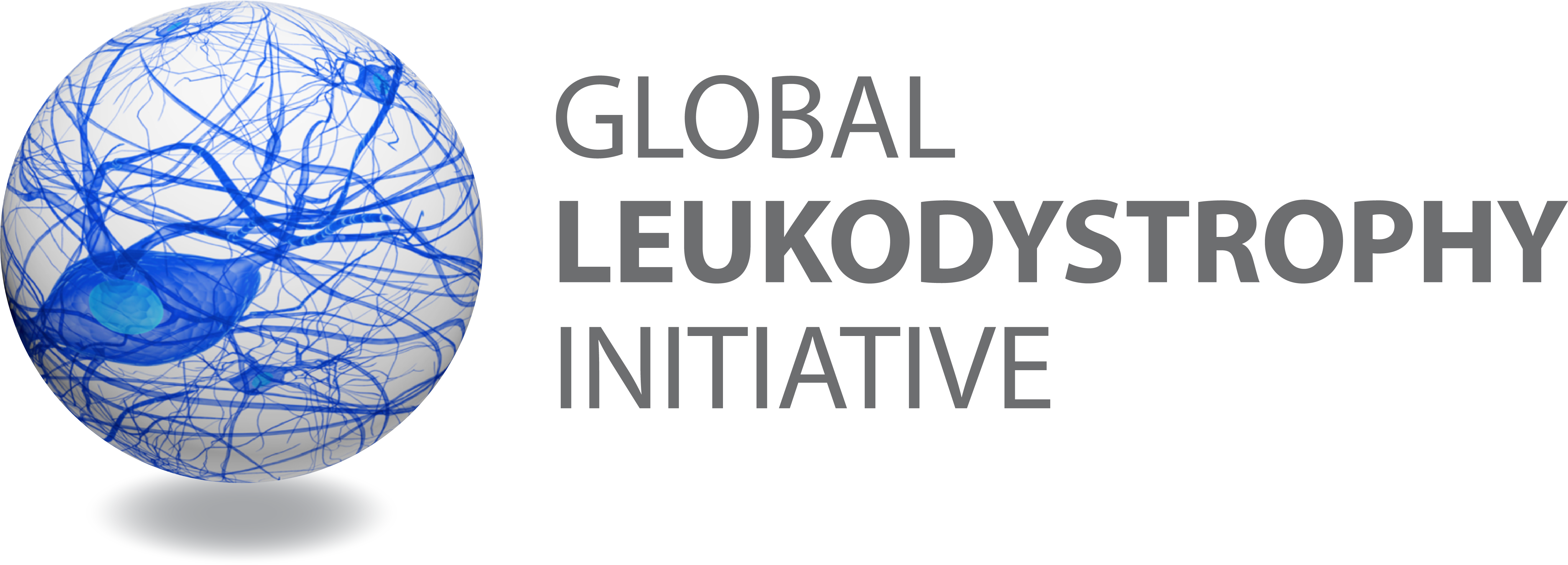Objectives
The goal of this study is to identify and validate novel CSF biomarkers in Alexander Disease (AxD), and to establish their correlation to clinical features and outcomes. The study also seeks to characterize the stability of known and novel biomarkers under different shipping and storage conditions. This will allow investigators to explore the feasibility of multi-center biomarker collection procedures, with centralized processing and storage, in preparation for similar approaches in the context of future clinical trials for various leukodystrophies. Assay validity will be investigated using both intra- and inter-assay measurements. Based on the preliminary outcomes of the above, investigators seek to validate and, if necessary, build upon existing Standard Operating Procedures (SOPs) to maximize the efficiency and viability of such multi-center sample collection approaches in a variety of future research studies and clinical trials that include centralized processing and storage of CSF biomarkers.
Study Design
Individuals with a confirmed diagnosis of Alexander Disease (AxD) who agree to participate will be asked to complete no more than two lumbar punctures (LPs) at intervals of at least one (1) year. These procedures will be performed by experienced study personnel, appropriately credentialed by their institution, at one of the institutions formally participating in the study by way of IRB Reliance Agreements. Samples obtained from these procedures will be prepared locally for shipping to and centralized processing at the Children’s Hospital of Philadelphia.
Participants
The study will be based at the Children’s Hospital of Philadelphia (CHOP), which will serve as a Data Coordinating Center (DCC) for the study. Research activities will take place at several institutions participating in the Global Leukodystrophy Initiative Clinical Trials Network (GLIA-CTN) participating by way of IRB Reliance Agreements. There is no strict schedule of visits for any subjects. Enrolled individuals will participate in in-person lumbar puncture procedures scheduled to take place at intervals of at least one (1) year.
Inclusion Criteria
- Confirmed diagnosis of Alexander Disease (AxD) or Aicardi-Goutières Syndrome (AGS) as defined by prior identification of a mutation through clinically-validated genetic testing;
- Willingness to participate in a total of two lumbar puncture (LP) procedures, performed at least twelve (12) months apart at a participating study site;
- ≥3 kg in body weight;
- Concurrent enrollment in the Myelin Disorders Biorepository Project (RDCRN Protocol No. 8501);
- Ability to tolerate sedation based on a pre-evaluation by anesthesia via an Anesthesia Resource Center. Older patients and those able to stay still for the lumbar puncture will be asked whether they can perform the procedures without sedation
Study Activities
Study procedures are limited to review of medical records, blood coagulation testing, sedation or general anesthesia (as needed) and two lumbar punctures (LPs) performed at intervals of at least twelve (12) months by qualified clinical personnel identified at each participating site, either in an outpatient sedation, interventional radiology, or operating room environment. Opening pressure will be measured, and three milliliters (mL) of cerebrospinal fluid (CSF) will be collected for research, placed on ice, and processed/stored as part of the Myelin Disorders Biorepository Project (RDCRN Protocol No. 8501) in the central laboratory at the Children’s Hospital of Philadelphia.

